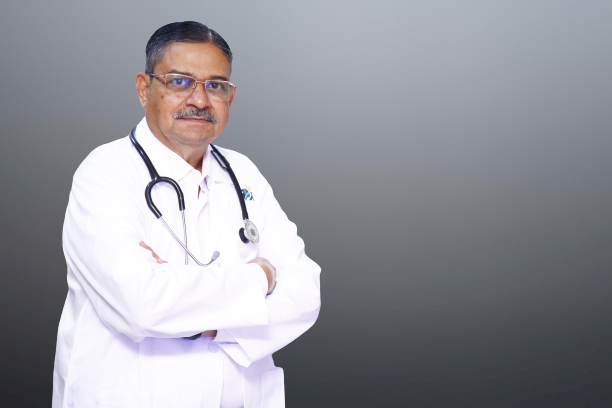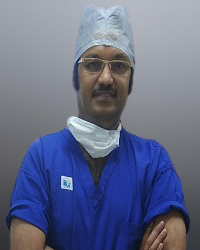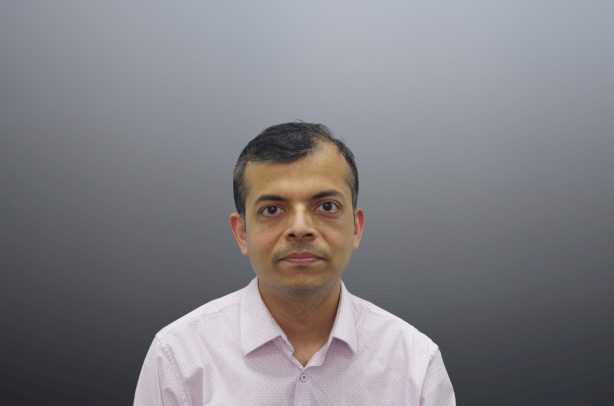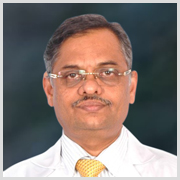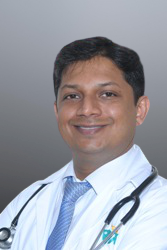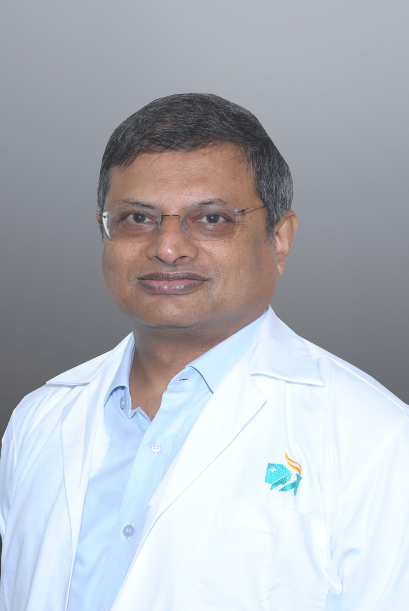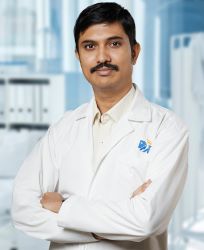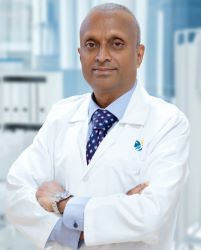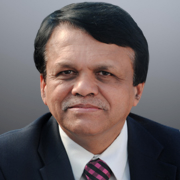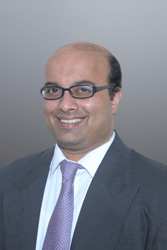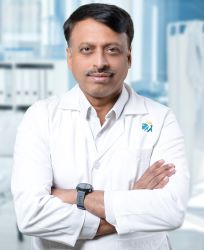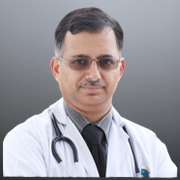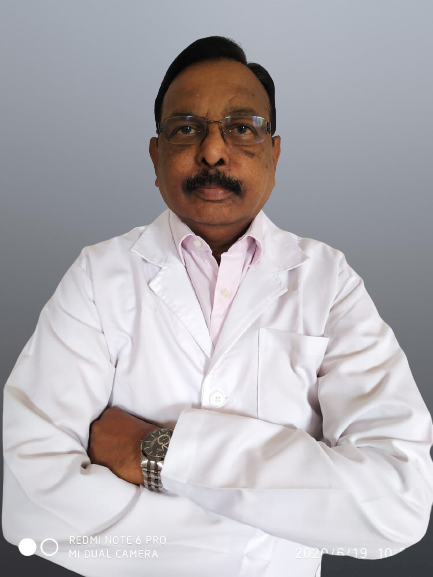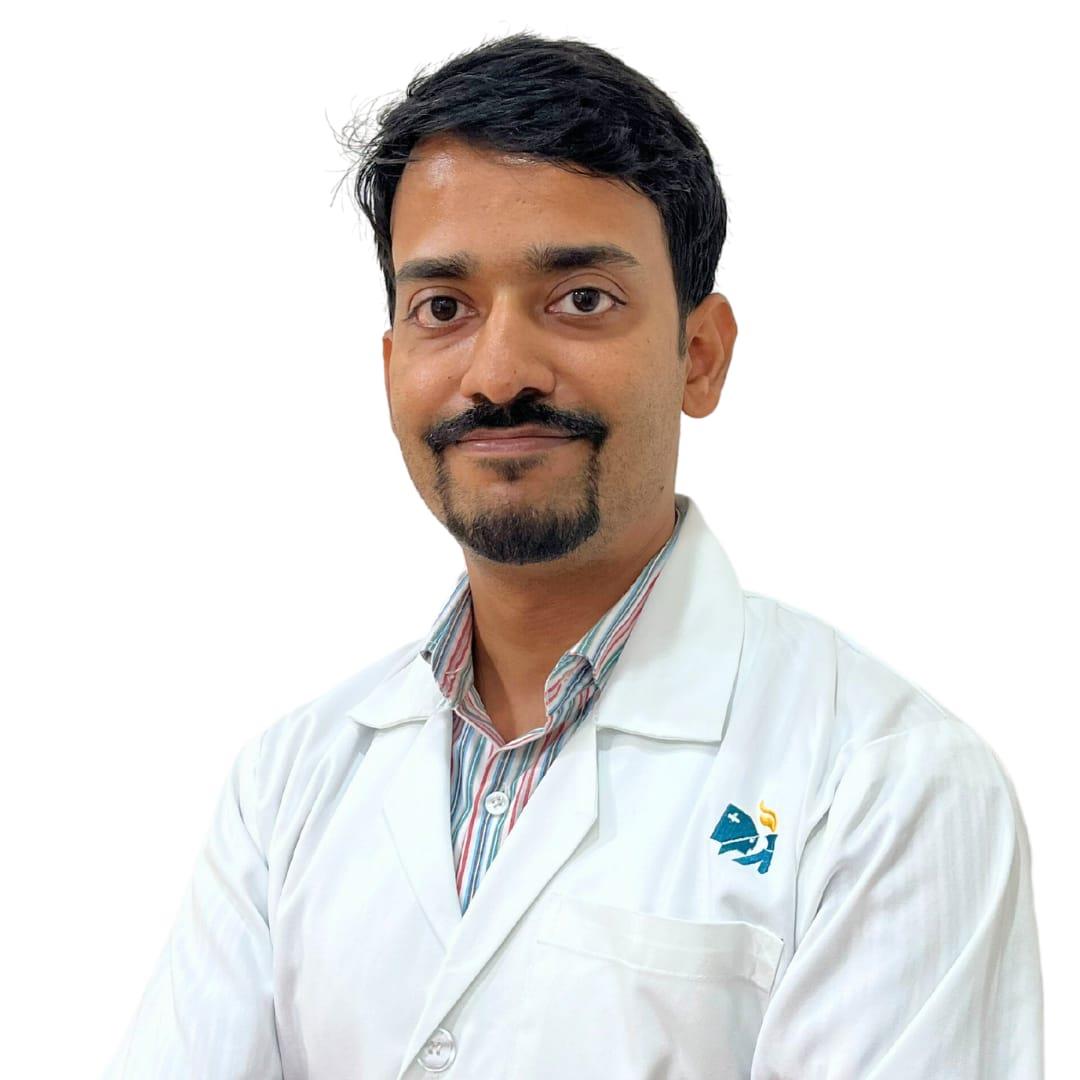Best Doctors for Multiple Sclerosis in Bangalore
Multiple sclerosis (MS) is an autoimmune disorder in which the body’s immune system attacks its own tissues. Specifically, it targets the myelin sheath, the protective covering that insulates nerve cells in the central nervous system, which comprises the brain and spinal cord. This damage causes inflammation and disrupts the efficient transmission of electrical impulses along the nerves. As a result, a wide range of neurological symptoms can arise, varying from mild to severe, depending on the extent of nerve damage.
In Bangalore, MS is not an uncommon condition. Apollo Hospitals houses some of the best multiple sclerosis treatment doctors, reputed for their experience and expertise.






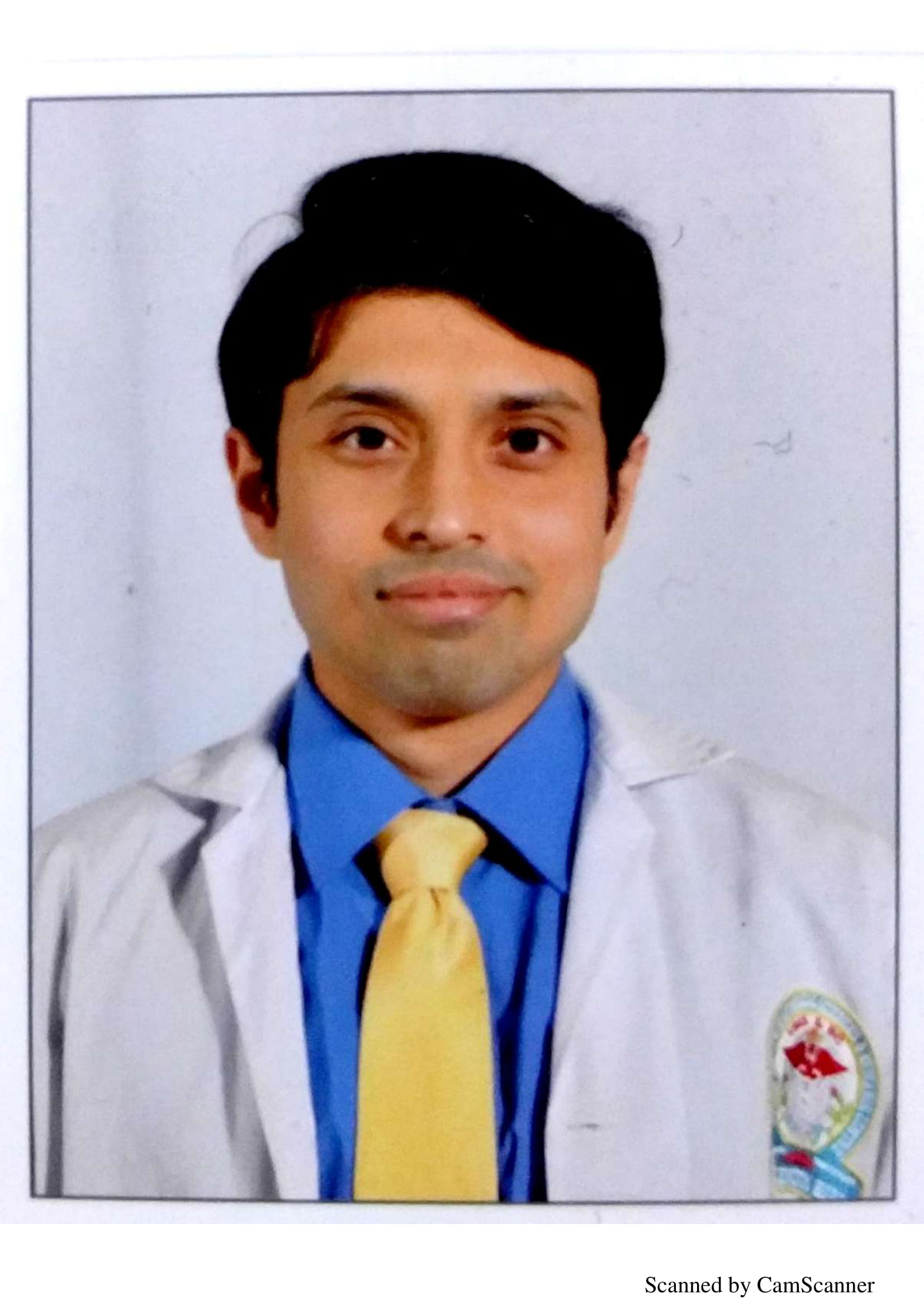


 Call Now
Call Now